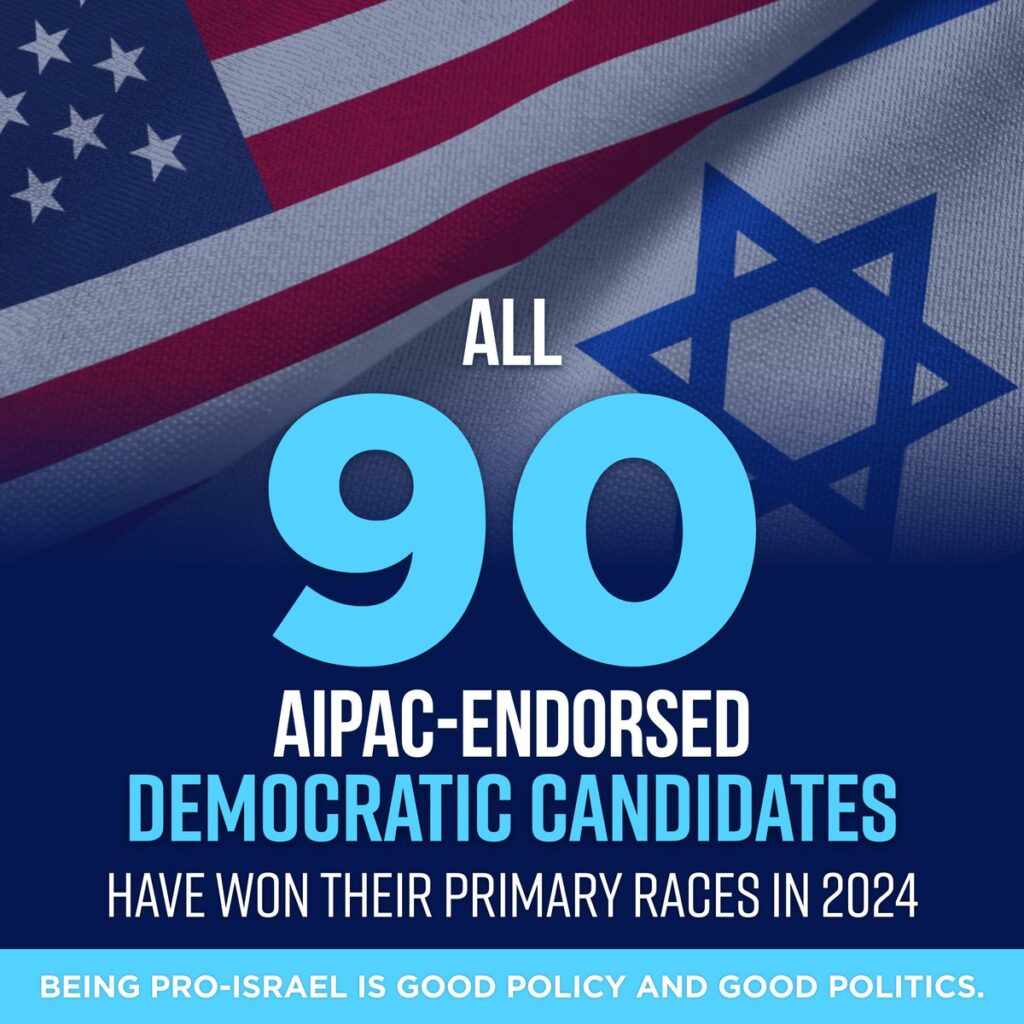
Introduction to AIPAC
The American Israel Public Affairs Committee (AIPAC) is one of the most influential lobbying groups in the United States, dedicated to promoting and strengthening the partnership between the United States and Israel. Understanding AIPAC’s role is essential, as it plays a significant part in shaping U.S. foreign policy in the Middle East, especially concerning Israel. As debates over U.S. involvement in foreign affairs continue to grow, AIPAC remains a focal point of discussions surrounding international relations and policy-making.
AIPAC’s Influence and Positioning
AIPAC was founded in 1951 and has steadily grown in power and influence. With an extensive network of supporters including politicians, journalists, and activists, AIPAC advocates for pro-Israel policies through direct lobbying, grassroots activism, and political contributions. The organization claims to maintain bipartisan support, engaging both Democrats and Republicans. This positioning allows AIPAC to mobilize resources and build coalitions that transcend traditional political boundaries, emphasizing the importance of U.S.-Israel ties as a matter of national interest.
Recent Events and Developments
The influence of AIPAC was particularly evident during the recent U.S. administration’s decisions regarding military aid to Israel and its responses to the Israeli-Palestinian conflict. In 2023, AIPAC played a crucial role in countering calls within the U.S. government that sought to condition military aid on Israel’s actions in the region. AIPAC’s lobbying efforts specifically targeted legislators to prevent any linkage between aid and Israel’s policies toward the Palestinians, thereby reinforcing the unconditional support for Israel.
Moreover, AIPAC organizes an annual policy conference that attracts thousands of participants each year, including high-profile politicians and influential leaders from both political parties. This platform allows for shaping public opinion and rallying support for its initiatives. In 2023, the conference focused on issues such as Iran’s nuclear threat and the importance of supporting Israel’s right to self-defense.
Conclusion
The role of AIPAC in U.S.-Israel relations cannot be underestimated. As global tensions persist and the dynamics of international diplomacy evolve, AIPAC’s influence is likely to endure. For readers, understanding AIPAC’s function not only provides insight into U.S. foreign policy but also highlights the complexities involved in international alliances. As advocacy efforts continue, AIPAC remains a critical player in determining the future of U.S.-Israel relations, emphasizing the significance of sustained bilateral cooperation in an increasingly polarized world.



